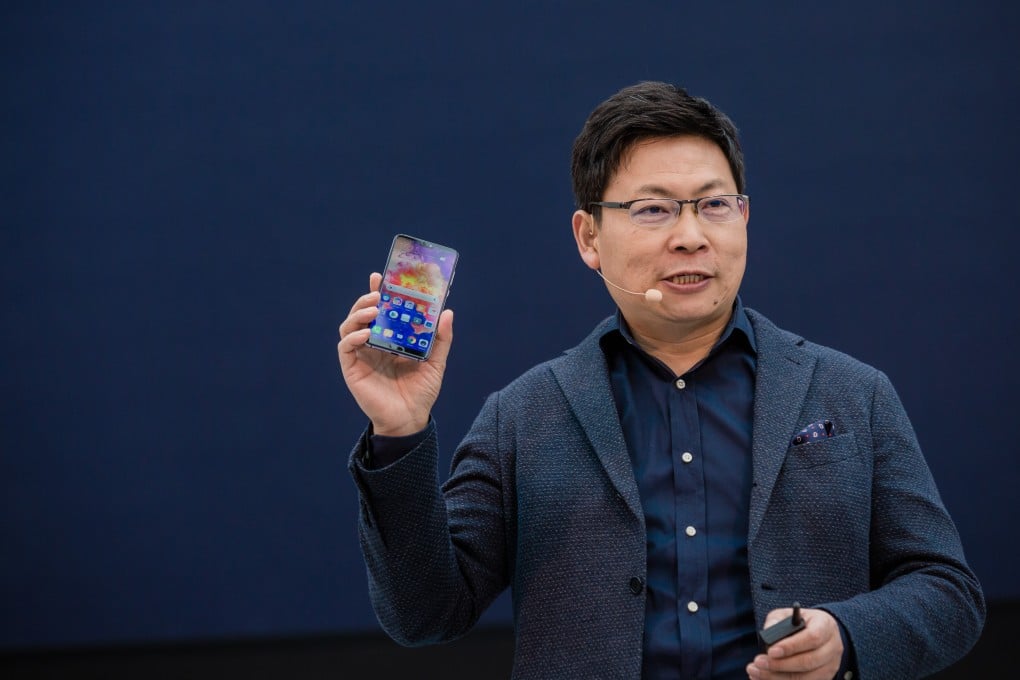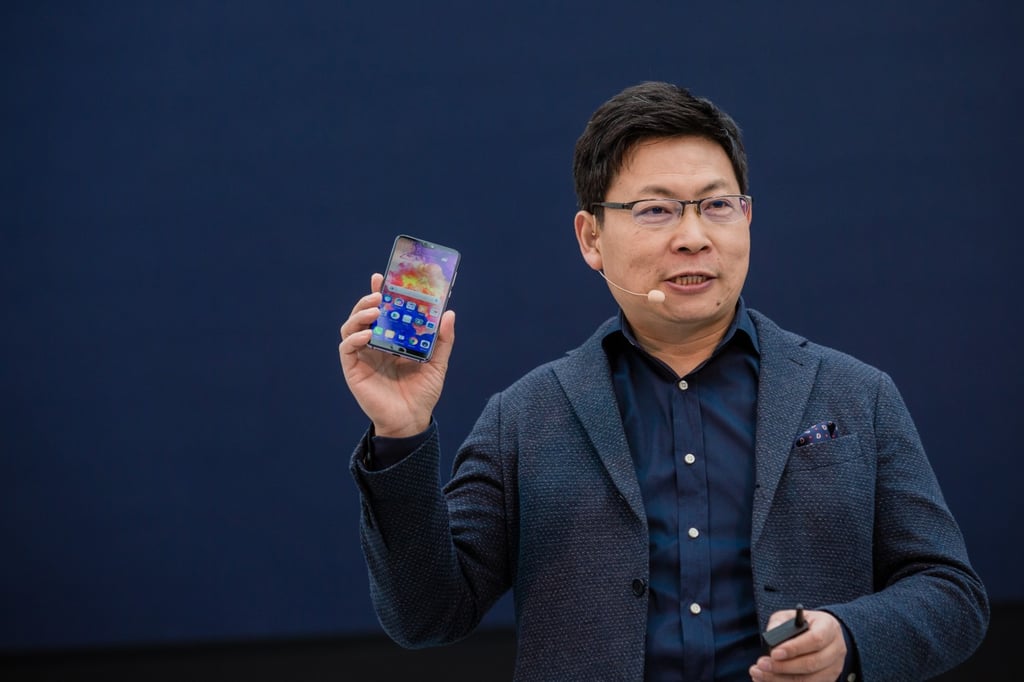Advertisement
Huawei’s OS was the company’s best-kept secret for years
Huawei is betting its future on a new OS compatible with Android apps
Reading Time:3 minutes
Why you can trust SCMP

This article originally appeared on ABACUS
For years, Huawei’s operating system was one of the Chinese company’s best-kept secrets.
Seven years ago, behind closed doors in a lake villa in Shenzhen, Huawei executives discussed the company’s vulnerability to the US because of its reliance on Android. It was there that the group agreed that Huawei must have an alternative smartphone operating system.
The world didn’t find out about Huawei’s secretive OS until last year. But now it’s been thrust into the limelight, positioned as a possible savior for the company after its fears came true.
Advertisement

When the Huawei OS team started, it worked in complete secrecy in a specialized area with guards standing by to prevent anyone outside the division from entering, according to sources quoted by the South China Morning Post. Personal mobile phones had to be kept in an outside locker.
Advertisement
We still don’t know much about the OS, not even its name. Ark, Oak and Hongmeng are some of the names that have popped up since Google cut off Huawei from future Android updates on May 19.
Advertisement
Select Voice
Choose your listening speed
Get through articles 2x faster
1.25x
250 WPM
Slow
Average
Fast
1.25x